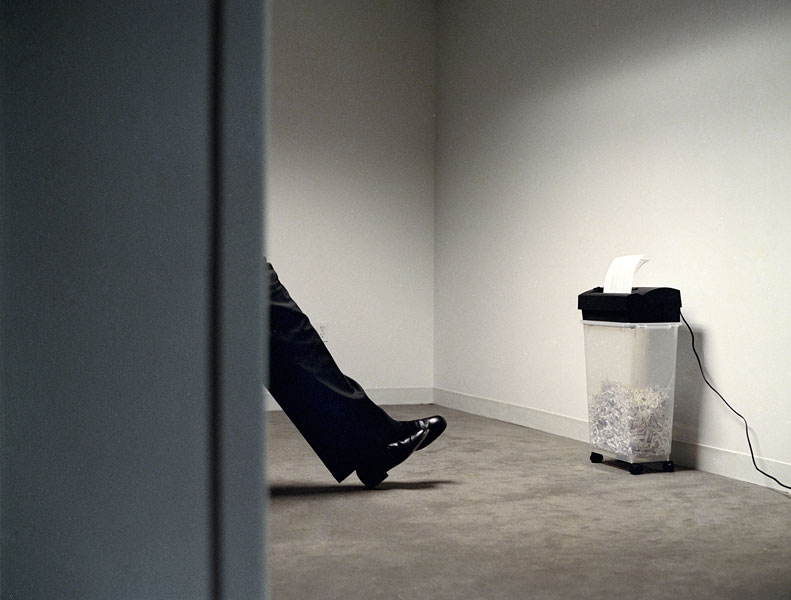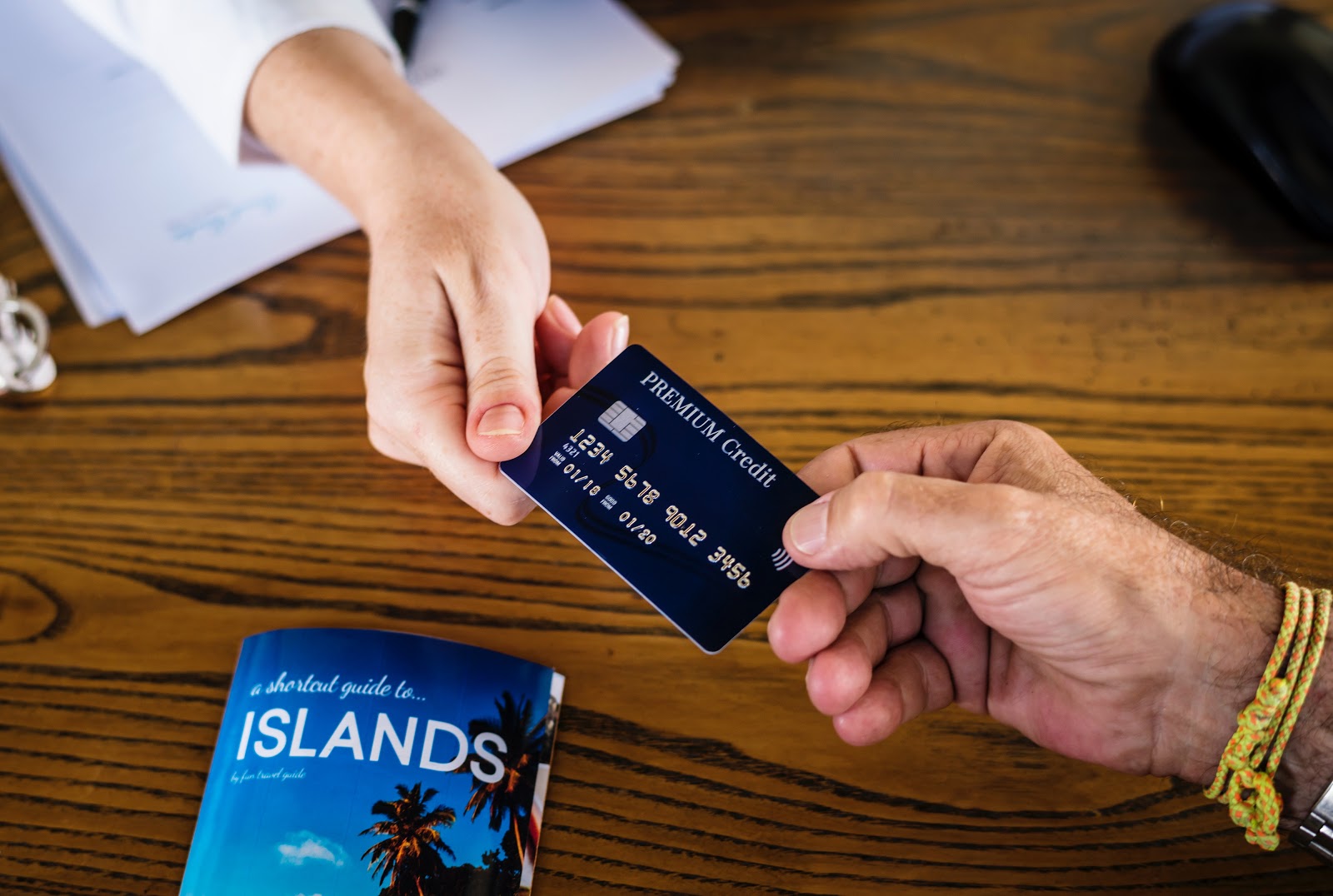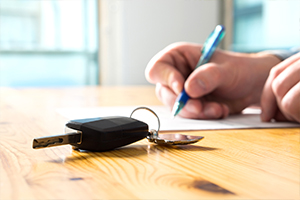How to Spot and Stop Identity Theft in its Tracks

The Equifax breach during the summer was a reminder that the person who’s ultimately responsible for your online security, is you.
The bank, the credit bureau and the private investigator you wish you could hire can’t keep you safe all by themselves.
The breach, which apparently happened because of a single person who didn’t do their job, affected the security of 100,000 Canadians’ information online.
South of the border, the numbers were far worse – 143 million Americans’ were affected.
Maybe it happened to you. If it did, we hope that it didn’t cause you any lasting financial problems.
But even if it didn’t, you probably worried about your online security.
With that said, there are some important lessons to learn about identity theft, namely how it looks, what it’s consequences are and how you can prevent it.
What is Identity Theft
Identity theft can mean different things to different people, but the core definition is this:
“The fraudulent acquisition and use of a person’s private identifying information, usually for financial gain.”
Basically, it’s the act of someone using another person’s private info to spend money, buy things, or transfer funds into their own accounts. But of course, that’s just the surface.
Identity theft takes on many forms. Assuming you live in a major city, the police department in your town likely has its own identity theft unit (maybe the next Law & Order series will focus on this).
And there are as many as eight different types of identity theft which have been labelled by law enforcement. But for the purpose of keeping things short and simple, we’re going to focus on financial identity theft.
When most people think of identity theft, they’re thinking about someone using another person’s credit card or bank account info to make transactions. That’s probably the first thing that comes to your mind when you hear the term.
Experts now say that identity theft is the fastest growing crime in North America, and it’s getting easier and easier for criminals to steal our financial information. And it comes as no surprise – there are tons of ways for these criminals to steal your info.

How Criminals Can Get Your Financial Info
- Stealing wallets/purses to use credit cards, debit cards and other I.D.
- Stealing your mail (which may contain bank statements and sensitive info)
- Stealing a laptop, phone or tablet that may contain banking info
- Going through your garbage/recycling bins to find bank statements
- Looking over your shoulders to see your PIN at an ATM/cash register
- Gaining access to personal info from your workplace
- Credit card payment scams (asking for info in exchange for “rewards”)
- Credit card skimmers and digital pickpockets (very concerning!)
- And more…
Thieves have a growing toolbox at their disposal, full of old-school and new age techniques, which they can use to jack your credit info. And that means we all have to be more cautious than ever before. If not, the consequences will show their ugly faces…
The Consequences of Unresolved Identity Theft
- Severely damaged credit score
- Tarnished credit profile and record
- Loss of funds
- Rapid rise in debts
- Information could be exposed to other criminals
- Potential to be “framed” for illegal activities
Now banks and financial institutions are usually on top of things. So if they notice unusual activity, they’ll freeze your accounts so that no further damage can occur.
But even then, the anxiety and the headaches of resolving the issue are best avoided by you taking action.
How to Stop it
The cliche “prevention is better than cure” applies here: the best way to deal with identity theft is to build a solid defense so that the chances of it happening to you are almost 0% chance.
And you don’t need to go to extremes, such as hiding your money in a shoe box or hiring the CIA to keep your identity a secret.
The Government of Ontario has listed plenty of tips that you can follow:
At home and the office:
- Keep important documents in a locked safe (that’s also fireproof)
- Empty your mailbox and recycling bins of any important documents
- Shred paper records of finance you no longer need
- Don’t print financial documents or statements on work computers
- Regularly check your banking and financial statements
- Check your credit report once a year for possible errors

On your device or online:
- Don’t store bank passwords, PINs or other financial info on mobile devices (if you need to remember them, put them in a locked folder)
- Create strong passwords for online accounts using a mix of numbers, letters, symbols and upper/lower cases
- Delete (and backup!) files on a computer, phone or tablet you plan to get rid of
- Avoid posting personal info such as addresses and date of birth online
- If possible, avoid banking on public Wi-Fi networks as the connection may be unsecure
- Don’t enter credit card or banking info on websites you don’t trust or that don’t have a Better Business Bureau (BBB) certification
While shopping or in public:
- Carry only the cards you’ll need while shopping or running errands
- Don’t share personal banking info in public
- Keep an ATM or debit machine screen covered while entering PIN
- Avoid sharing personal info out loud or with strangers
- Only provide banking info that’s absolutely necessary for payment (only what’s asked, nothing further)
How to Spot it
Now let’s say the unfortunate happened – someone was trying to use your financial info to make their own transactions. You’d have to spot the signs fast to shut them down before they do any damage. But how?
There are certain patterns that tend to reveal themselves, and if you can identify them sooner than later, you’ll be able to stop the crime ahead of time.
Here’s What to Look Out for:
- Getting calls from collection agencies
- Getting calls from loan officers for loan applications you never made
- Receiving emails, alerts or mail about account changes or new bank products you never made/applied for
- Financial statements showing transactions you never made
- Sudden change in when statements arrive in the mail (happens if thief changed your address)
- Credit card, debit card or other documents have gone missing
- Bank notifies you that suspicious activity has taken place in your account
Steps to Take if Your Identity Has Been Stolen
To say that you should stay calm after learning you’re an I.D. theft victim is easier said than done. But you have to keep your cool, so that you don’t make fear-driven decisions (which makes matters worse).
Once you gather your thoughts and feel as relaxed as possible, you’ll have to take a few steps to help the bank and the law keep your record clean. The Anti-Fraud Centre of Canada has a quick but helpful list to get you started.
Anti-Fraud’s Centre of Canada’s Checklist to Fight ID Theft
- Collect all your receipts, documents, emails and statements
- Call the police and tell them your personal info has been stolen and possibly used against you (this will help especially if they’re getting several complaints at once)
- Get in touch with the Canadian Anti-Fraud Centre
- Call your bank, the credit bureaus and other finance institutions you work with (assuming they don’t call you first)
- Report the incident directly to a website if the fraud took place on online
- Have your bank (and other financial institutions) put flags on your account and report the incident to Equifax & TransUnion
You Can Beat Identity Theft
Identity theft is so common now, that you might think of it in the same way you think about the cold or flu – at some point, it’s going to affect you. But you can protect yourself against identity theft by making use of the advice in this post.
Ultimately, you have to stay one step ahead of thieves. Take a look at your credit profile from time to time to catch unusual changes. And don’t overlook the small stuff such as shredding paper documents and keeping passwords secret.
All of this will take some effort on your part, maybe a little more than you’d like to dish out. But it sure beats having to deal with the consequences of your info landing in the hands of identity thieves.






